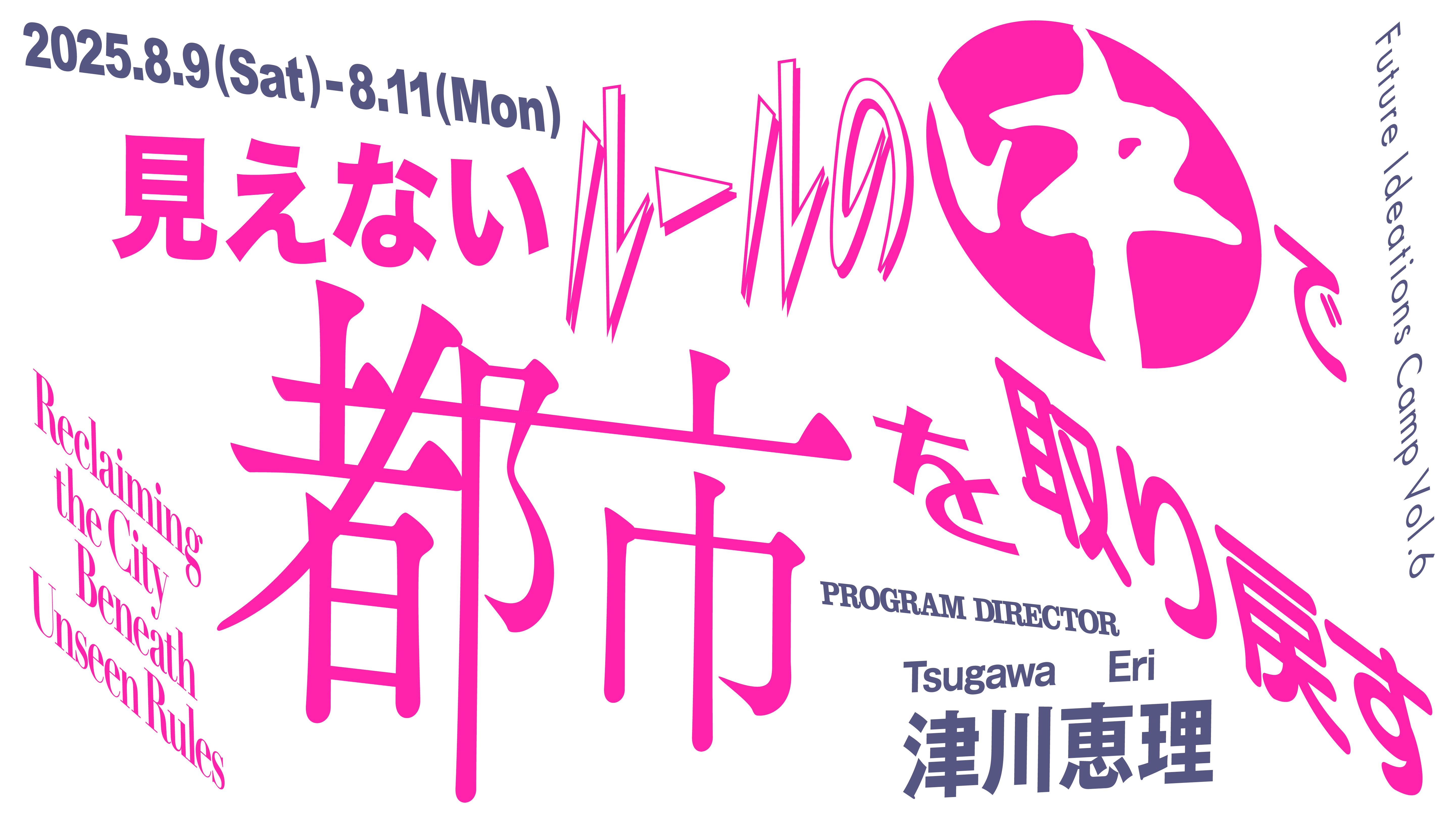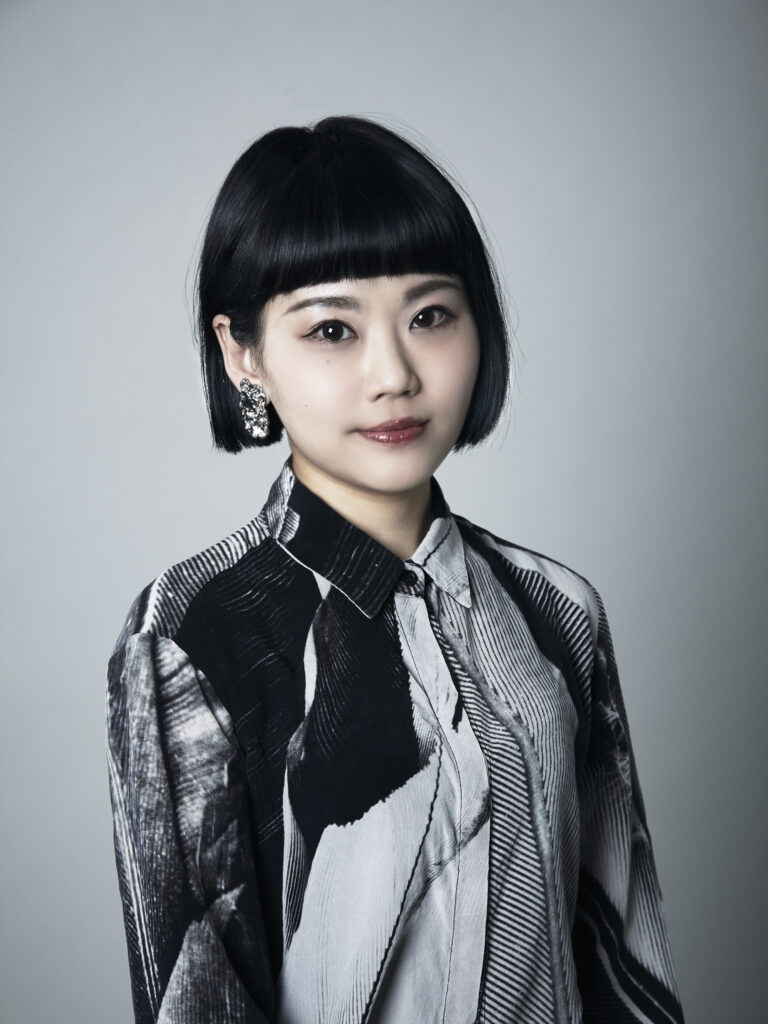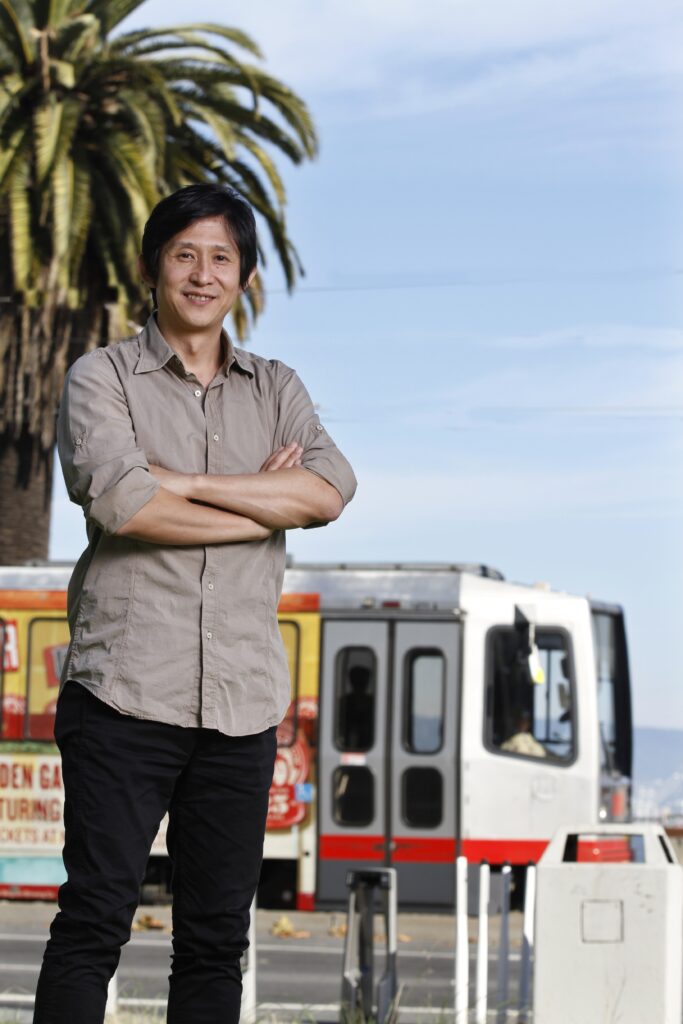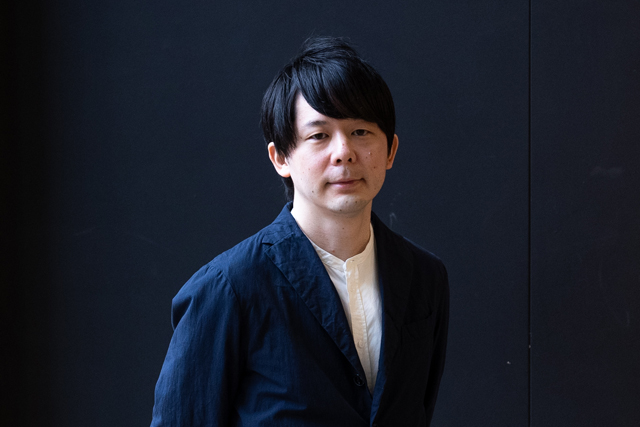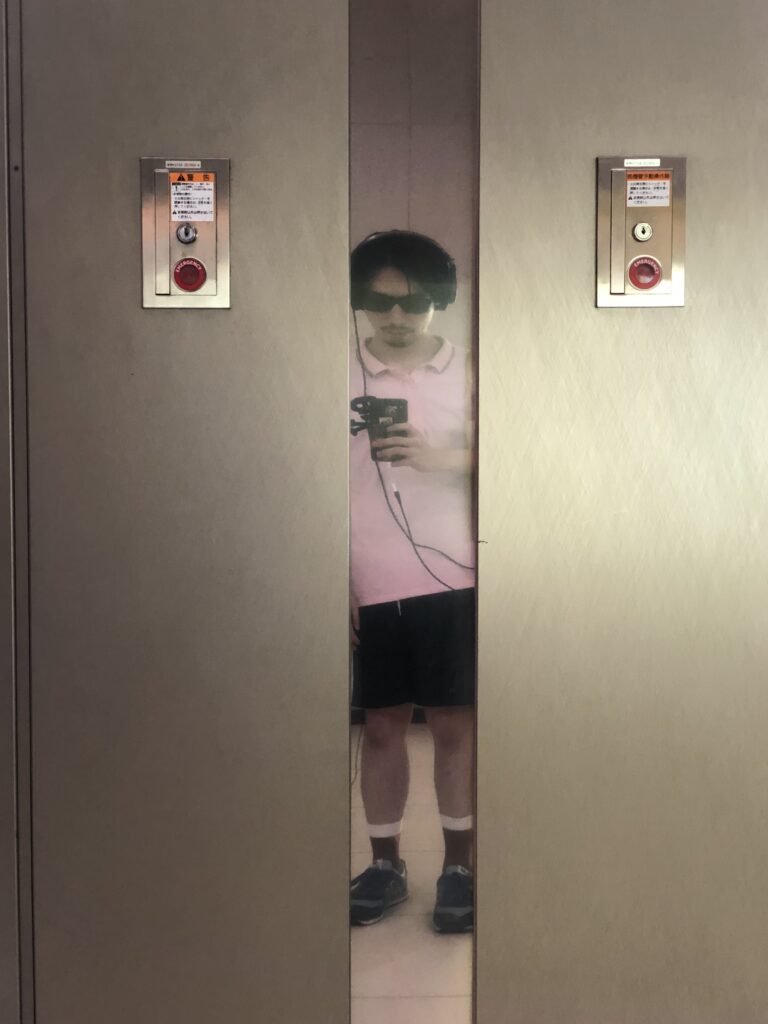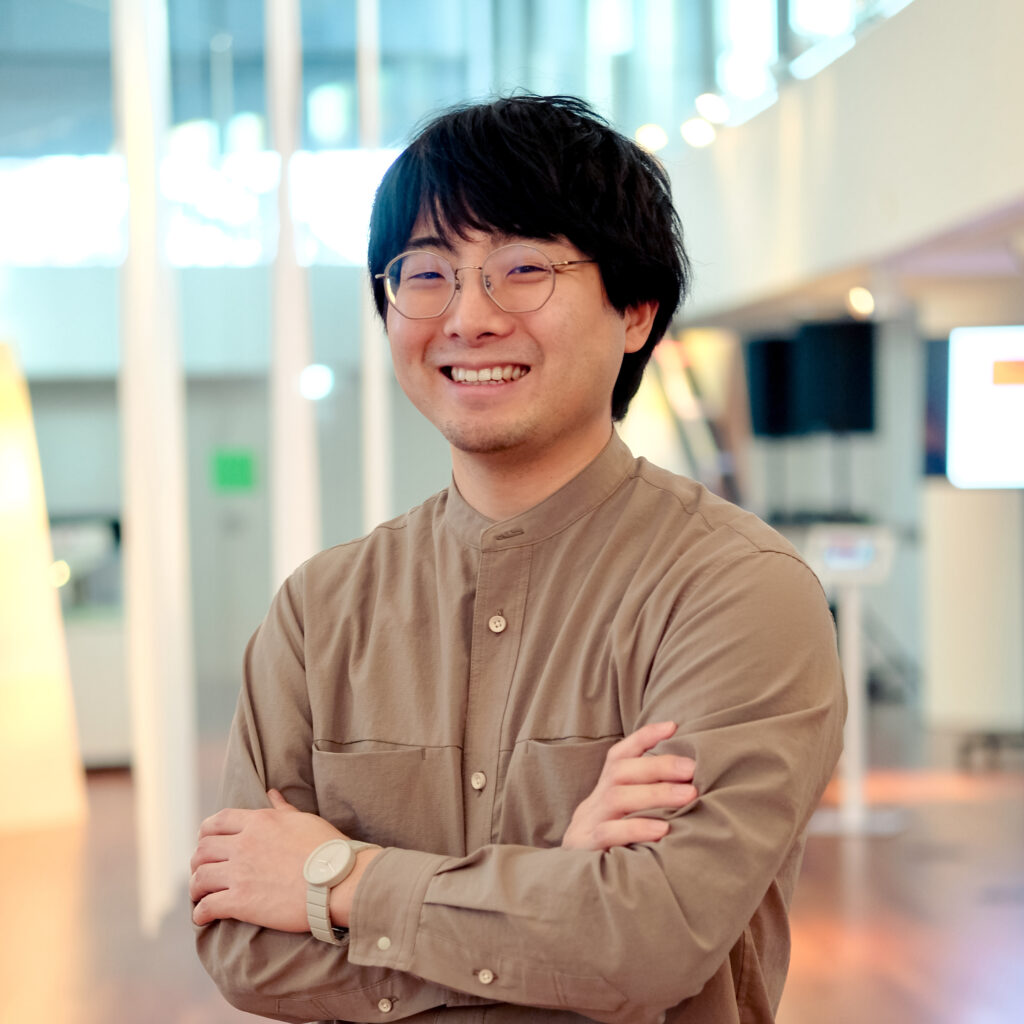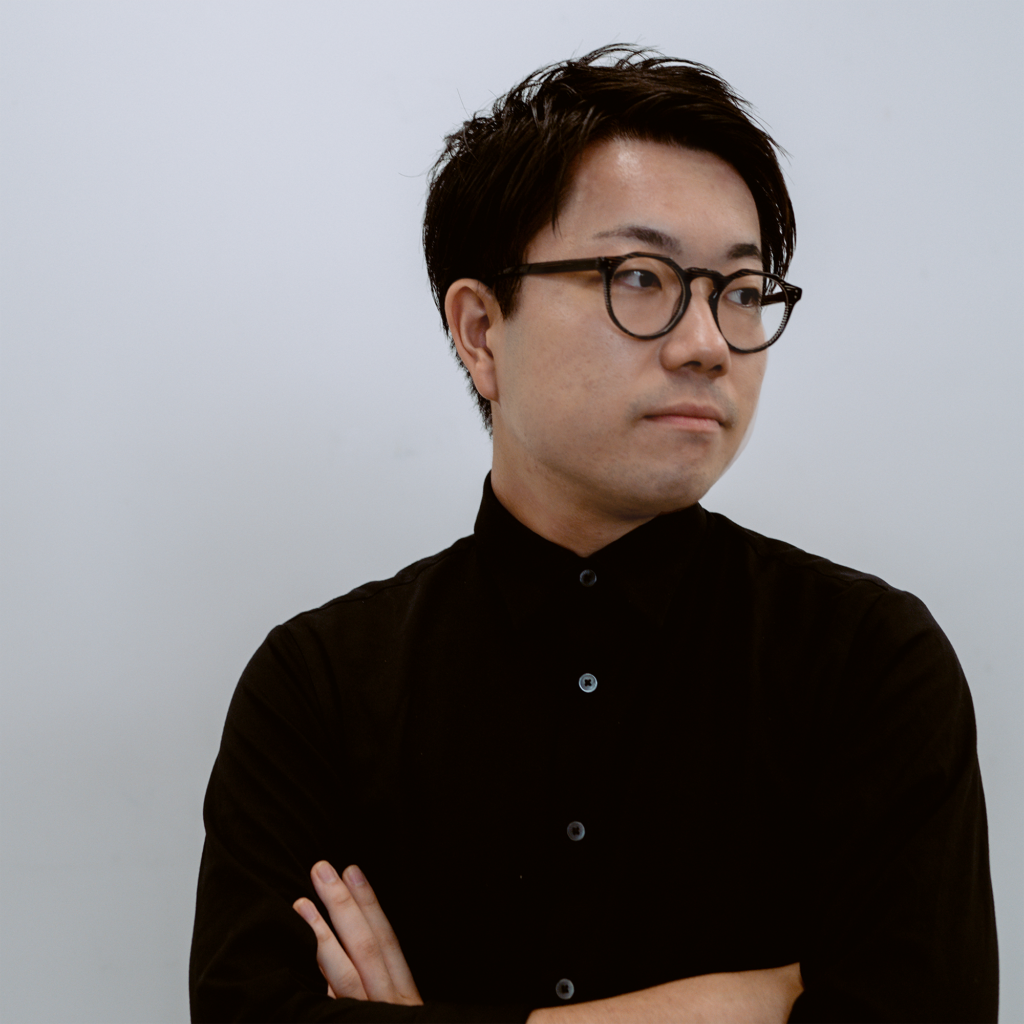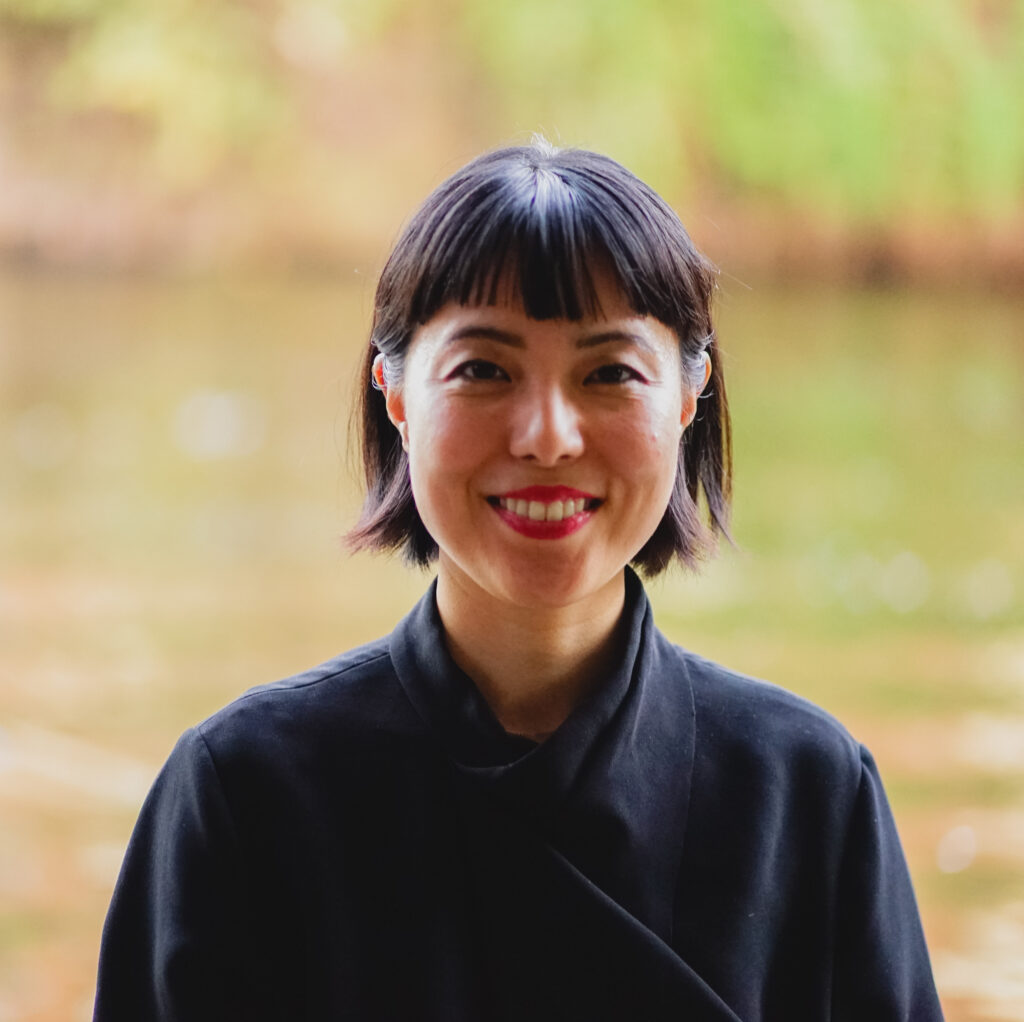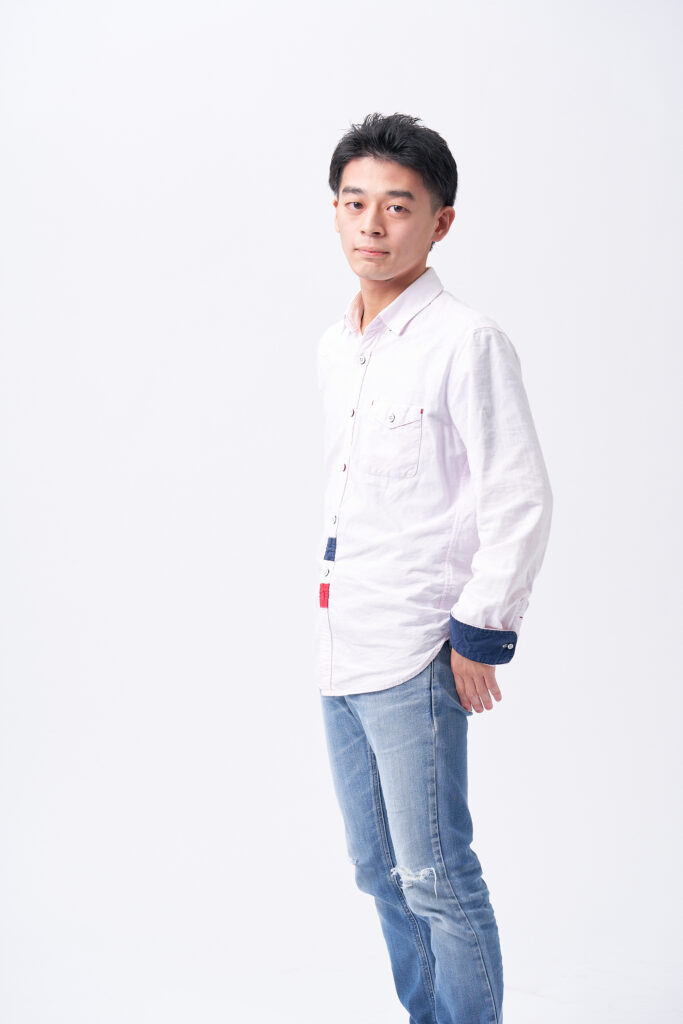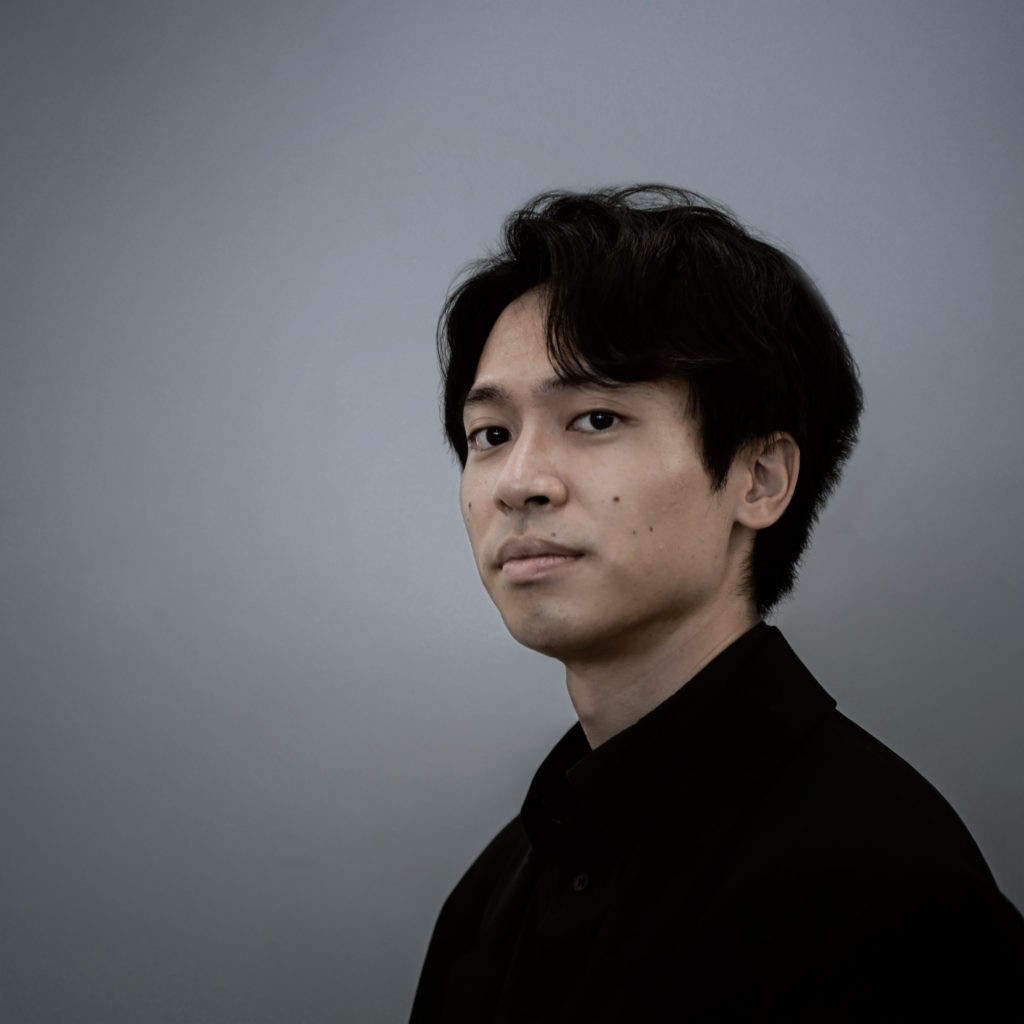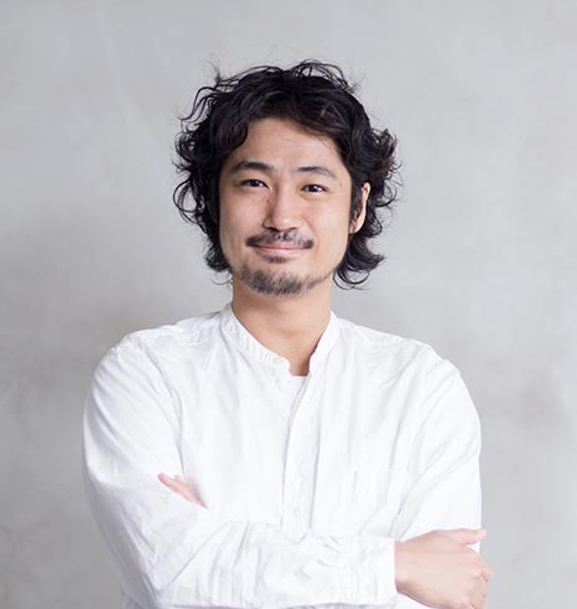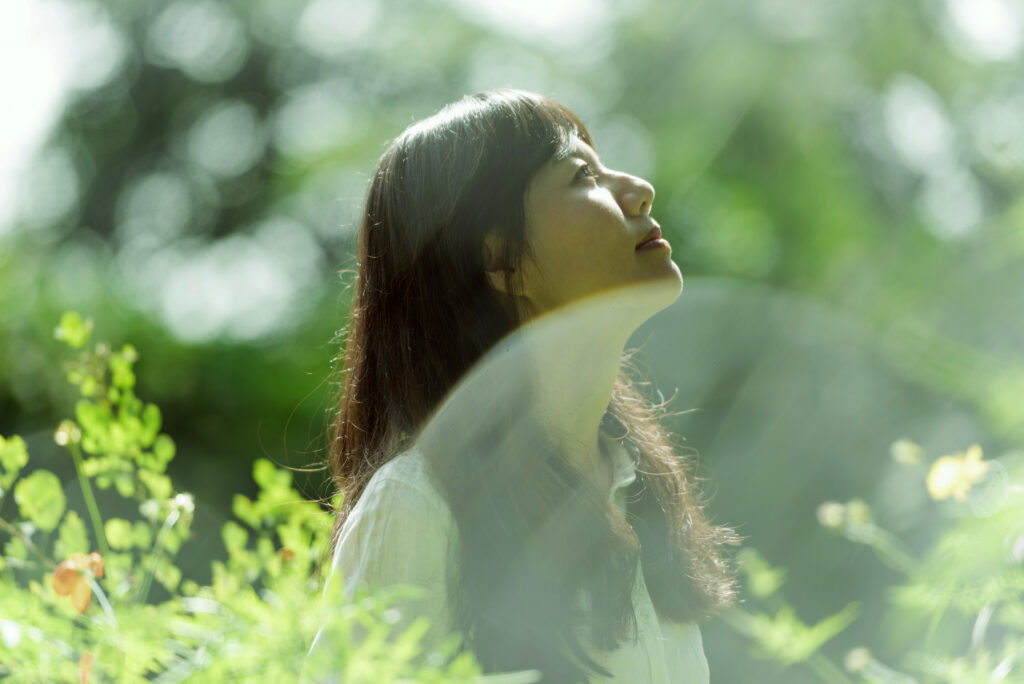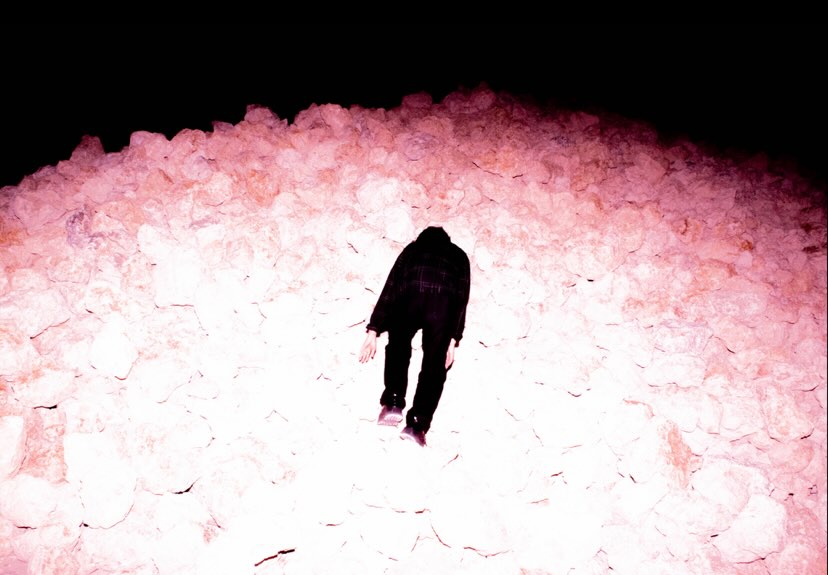How can individuals intervene in the city, embedded as it is with the unseen rules of social norms and institutions? What new relationships emerge from an intervention? This three-day camp reclaims the city as a commons through involvement and creativity in urban space.
Civic Creative Base Tokyo (CCBT)’s Future Ideations Camp is a series of intensive workshops bringing different kinds of people together to work collaboratively and creatively with art and digital technologies. Twenty selected participants take part in several days of lectures to acquire new ways of thinking, workshops for building skill sets, and collaborative group activities. During the camps, the general public are also able to attend talks and presentations of the results.
The sixth edition of Future Ideations Camp takes inspiration from the CCBT’s overall 2025 theme of the future commons to explore strategies for individual intervention in the commons as well as the new relationships that emerge from that.
The city is embedded with the invisible rules of institutions and norms. That forms both a framework for realizing the urban commons and also defines our possible behavior and expression. Engaging with our relationship with the city, this camp constitutes an experimental action for reclaiming the city from those rules, with a focus on Shibuya Koen-dori, the street onto which CCBT faces.
The director of the camp is the architect Tsugawa Eri of the architectural design studio ALTEMY, known for its work liberating the everyday from standardized modes and releasing human sensibility. The camp will partner with a wide range of practitioners, including a spatial computing pioneer, an artist who reinterprets the city through the body, and a lawyer who elucidates the rules that permeate the city. Together, they will seek out threads for intervening in the city from various perspectives.
Let’s start preparing to take back the city as a commons through social engagement and creativity.
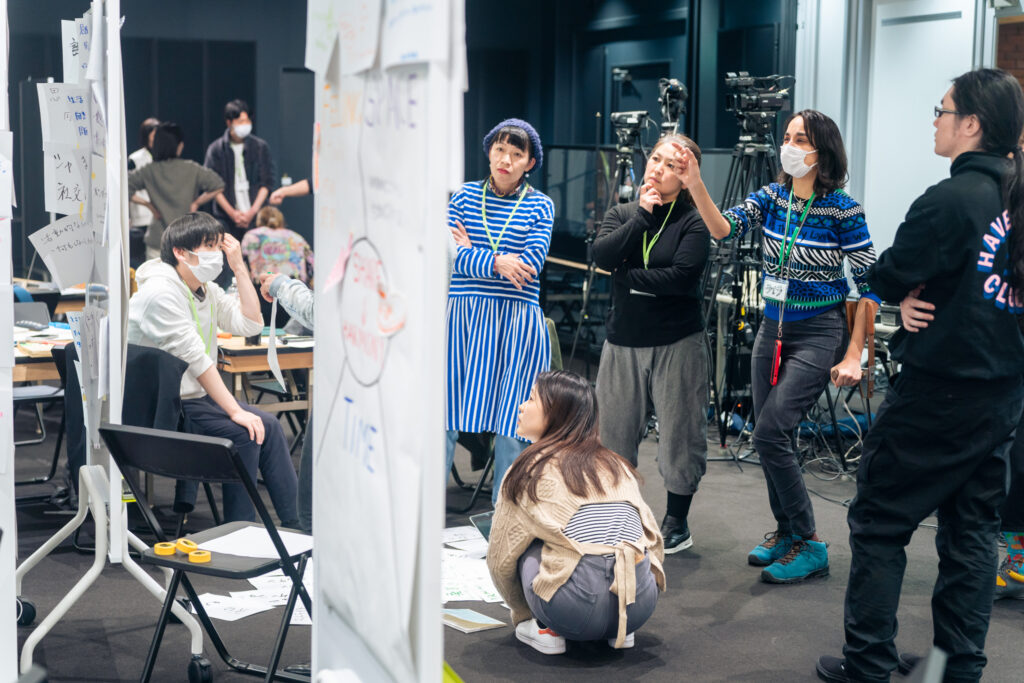
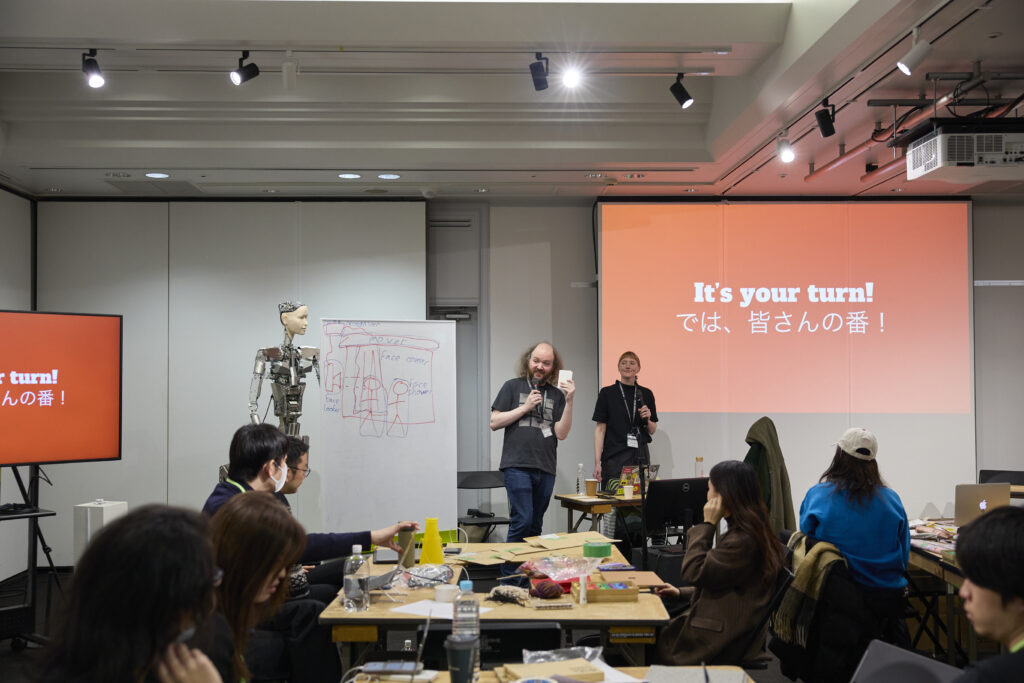
Program Director
– Tsugawa Eri (architect, director / ALTEMY)
Lecturers / Facilitators
– Kawashima Masashi (vice president, Niantic Spatial, Inc.)
– Nango Yoshikazu (sociologist / professor, faculty of engineering and design, Hosei University)
– Otsuki Shuto (post-city boy)
– Kihara Tomo (media artist, game designer)
– Konishi Takahito (architect / ALTEMY)
– Sugita Mariko (urban designer)
– Tanigashira Kazuki (urban journalist, chain store researcher)
– Tomura Yo (digital designer / ALTEMY)
– Mizuno Tasuku (lawyer, attorney)
– Miyauchi Yasuno (composer / artistic director, tsumugine / artistic director, Fujimi civic cultural center Kirari☆Fujimi)
– Sakai Eisaku (writer, editor)
Program & Curriculum (TBU)
Day1:August 9
Introduction
Participant self-introductions
Lecture / Hands-on workshop ( Lecturers: Tsugawa Eri、Nango Yoshikazu、Kawashima Masashi )
Symposium *TBA
Day2:August 10
World cafe
Co-creating in groups
Feedback
Day3:August 11
Co-creating in groups
Final presentations (Results Exhibition: August 13 – August 17, 2025)
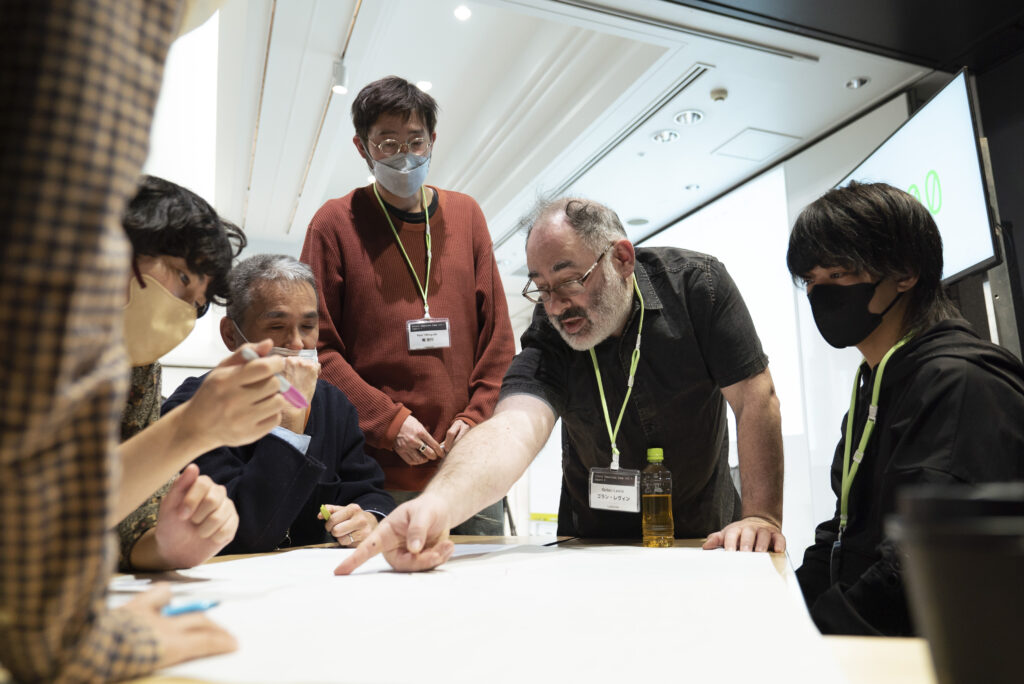
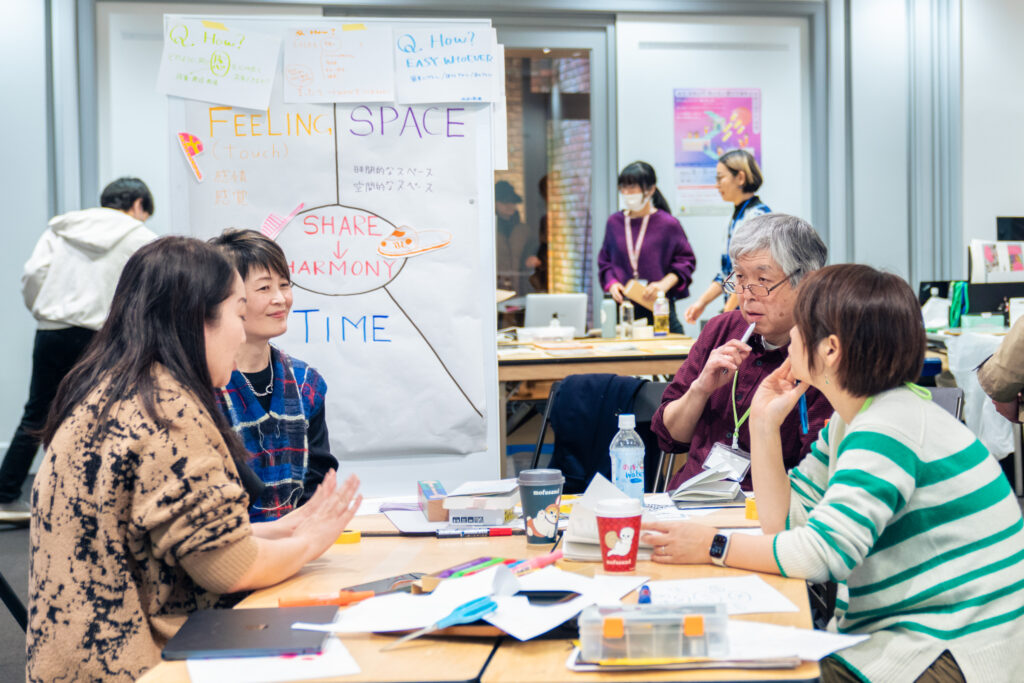
Application Guidlines
Application Period: June 24 – July 14 , 2025
Participant Numbers: Around 20
Participation Requirements
– Be able to participate in the whole program during the session
– Have a proven track record of research or creative activities
– Be able to apply the content of the workshop to their own future activities
Target Participant
– People interested in the relationship between the individual and the city as a commons
– People engaged in creative practices that treat the city as a field for creativity
– People who want to try using digital technology to explore and express the urban commons
– Architects and placemakers who explore the nature of the city as a platform for liberating the imagination
– Researchers, students, and people involved in artistic activities interested in collaborating with those from other fields
Selection Criteria
Selection will be made based on the application.
Result Notification
The result will be notified through email on July 19th, 2025. (subject to change)
Application Process
Please apply via the application form.
Alternatively, please send an email (ccbt@rekibun.or.jp) including the following items with “Future Ideations Camp Application” in the subject line.
– Full Name
– Email Address
– Date of Birth
– City of Residence
– Occupation / Affiliation
– Areas of expertise (Art & Contemporary Art, Architect / Interior Design, Urban Planner, Design, Product Design, Engineer, Editor, Journalist, Education, Public Administration, Ecology, Environmental Studies, Physics, Humanities, Others)
– Reasons and expectations of your participation in this camp (200 words or less)
– Please indicate if you need any accessibility support. (Examples: Finger braille interpretation, Tactile sign language interpretation)
– State the link, if you have a portfolio, video materials, websites, or GitHub that introduces your initiatives.

